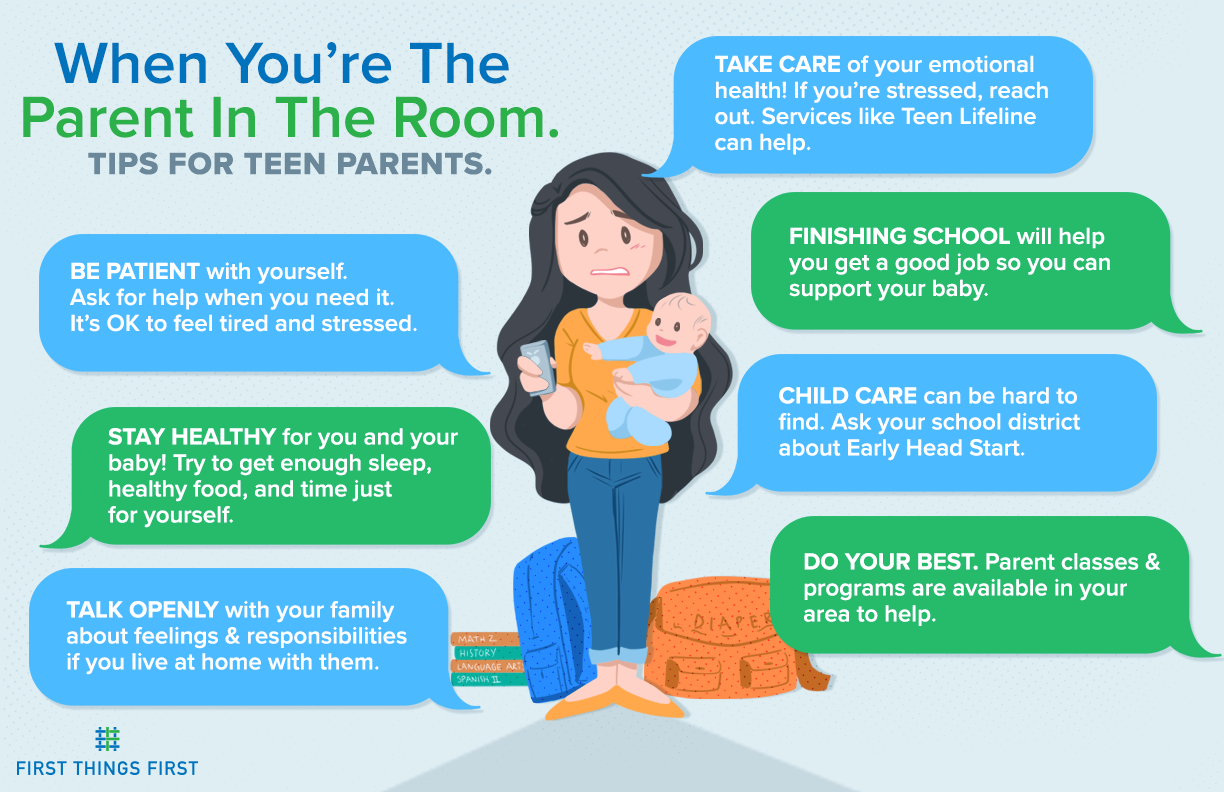
Teen Pregnancy Support: A Comprehensive Guide for Parents, Educators, and Healthcare Providers
Introduction
Teen pregnancy remains a significant public health concern, with far-reaching consequences for both the young mother and her child. According to the Centers for Disease Control and Prevention (CDC), approximately 750,000 teenagers in the United States become pregnant each year. This equates to a pregnancy rate of 27.3 per 1,000 females aged 15-19. While teen pregnancy rates have declined in recent years, they remain disproportionately high among certain populations, including low-income families, racial and ethnic minorities, and those living in rural areas.
Teen pregnancy can have a profound impact on the lives of both the mother and the child. Young mothers are more likely to experience health complications during pregnancy and childbirth, including premature birth, low birth weight, and infant mortality. They are also more likely to drop out of school, face economic hardship, and experience mental health issues. Children born to teen mothers are more likely to have developmental delays, health problems, and behavioral issues.
Given the significant challenges associated with teen pregnancy, it is essential to provide comprehensive support to young mothers and their children. This support should include a range of services, from prenatal care and education to parenting classes and job training. By providing timely and effective support, we can help teen mothers and their children achieve their full potential.
Types of Teen Pregnancy Support
There are a variety of teen pregnancy support services available, including:
- Prenatal care: Prenatal care is essential for ensuring the health of both the mother and the baby. Teen mothers should receive regular prenatal checkups, which include physical exams, blood tests, and ultrasounds. They should also be provided with information on healthy eating, exercise, and avoiding harmful substances.
- Education: Teen mothers need access to comprehensive education about pregnancy, childbirth, and parenting. This education should include information on prenatal care, labor and delivery, breastfeeding, and infant care. Teen mothers should also be provided with opportunities to continue their education, either through traditional schooling or alternative programs.
- Parenting classes: Parenting classes can help teen mothers learn the skills they need to raise healthy and happy children. These classes cover a variety of topics, including infant care, feeding, diapering, and discipline. Teen mothers can also benefit from peer support groups, where they can connect with other young mothers and share their experiences.
- Job training: Many teen mothers face economic hardship. Job training programs can help them develop the skills they need to find and keep a job. This can help them provide for their families and achieve financial stability.
- Housing assistance: Teen mothers who are homeless or at risk of homelessness may need housing assistance. This can include access to shelters, transitional housing, or permanent housing.
- Mental health services: Teen mothers are at increased risk for mental health issues, such as depression and anxiety. Mental health services can help them cope with the challenges of pregnancy and parenting.
How to Access Teen Pregnancy Support
There are a variety of ways to access teen pregnancy support. Teen mothers can contact their local health department, school, or community center. They can also search online for resources in their area.
Some helpful resources include:
- The National Campaign to Prevent Teen and Unplanned Pregnancy: https://www.thenationalcampaign.org/
- The Guttmacher Institute: https://www.guttmacher.org/
- Planned Parenthood: https://www.plannedparenthood.org/
Conclusion
Teen pregnancy is a complex issue with far-reaching consequences. However, by providing comprehensive support to teen mothers and their children, we can help them overcome the challenges they face and achieve their full potential. This support should include a range of services, from prenatal care and education to parenting classes and job training. By working together, we can create a brighter future for teen mothers and their children.